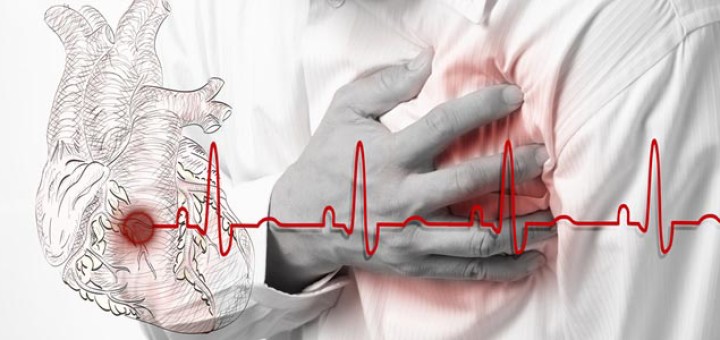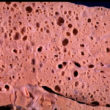For most people, chest pain is synonymous with heart attack. While chest pain is something that should never be taken lightly, it’s not all the time that it is related to the heart. In fact, experts say that as much as 25% of all chest pain cases in the US are not due to a heart attack or any other problem associated with the heart. Being checked by a doctor is the only way to determine the underlying cause. Let us take a look at some of the problems that cause chest pain:
Heart Issues
Various problems concerning the heart can cause chest pain. Many people with heart conditions experience chest pain that is characterized as crushing, often radiating to other parts of the body such as the shoulder, arm, back and jaw.
• Coronary artery disease or CAD – This is caused by the reduced supply of blood to the heart muscles. Chest pain due to CAD is referred to as angina. Experts say that having CAD puts you at risk of having a heart attack.
• Heart attack – Also known as myocardial infarction or MI, it happens when death of the heart muscle cells occurs. Chest pain due to a heart attack is commonly accompanied by nausea, sweating and shortness of breath.
• Myocarditis – This is characterized by the inflammation of the heart. Chest pain brought about by myocarditis is similar to that which is experienced during a heart attack. Fever, fatigue, and palpitation are other symptoms.
• Pericarditis – Unlike myocarditis, this condition is the inflammation of the membrane surrounding the heart. Someone with this medical problem may experience worsening of chest pain when breathing or swallowing food.
• Mitral valve prolapse – This happens when the mitral valve of the heart fails to close properly. Dizziness, palpitation and chest pain are the symptoms, although nothing may be experienced when the condition is mild.
Lung Issues
Having problems with the lungs can cause all sorts of chest pain. Most of the time, the pain felt by someone with a lung condition is sharp, which tends to worsen when he or she breathes, coughs or sneezes.
• Asthma – There are instances when chest pain occurs during a bout of asthma, a condition which is characterized by the inflammation and constriction of the airway. There is also coughing, wheezing and shortness of breath.
• Pneumonia – This infection of the lungs can cause pain that apparently comes from deep in the chest. The symptom is usually accompanied by others such as fever, chills and cough. You may also cough up pus.
• Pleurisy – Also referred to as pleuritis, this is the inflammation of the lining of the lungs and chest. The kind of chest pain that goes with this condition is sharp. The sensation worsens when the patient takes a breath.
• Pneumothorax – This condition causes a part of the lungs to collapse, usually due to an injury or trauma. Aside from chest pain that intensifies when you breathe, it is also accompanied by low blood pressure (hypotension).
• Pulmonary embolism – When a blood clot gets lodged in one of the blood vessels in the lungs, this condition happens. Aside from chest pain, it may also cause fever, palpitation and breathing difficulty.
Digestive Issues
There are instances when chest pain is caused by a problem with the stomach or esophagus. Some of the most common remedies for these issues include the intake of antacids and non-steroidal anti-inflammatory drugs (NSAIDs)
• Gastroesophageal reflux disease or GERD – Also referred to as acid reflux, this happens when acid and other contents of the stomach flow back into the esophagus. The kind of chest pain experienced is the burning type.
• Peptic ulcers – This happens when painful sores or ulcerations in the lining of the stomach occur. Individuals who smoke or drink a lot of alcohol are more prone to peptic ulcers and the chest pain they bring.
• Pancreatitis – Chest pain is one of the symptoms of this condition that is characterized by the inflammation of the pancreas, the gland behind the stomach that produces digestive juices and insulin.
Other things that may cause chest pain include anxiety, chest muscle strain and problems with the ribs.













